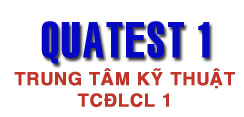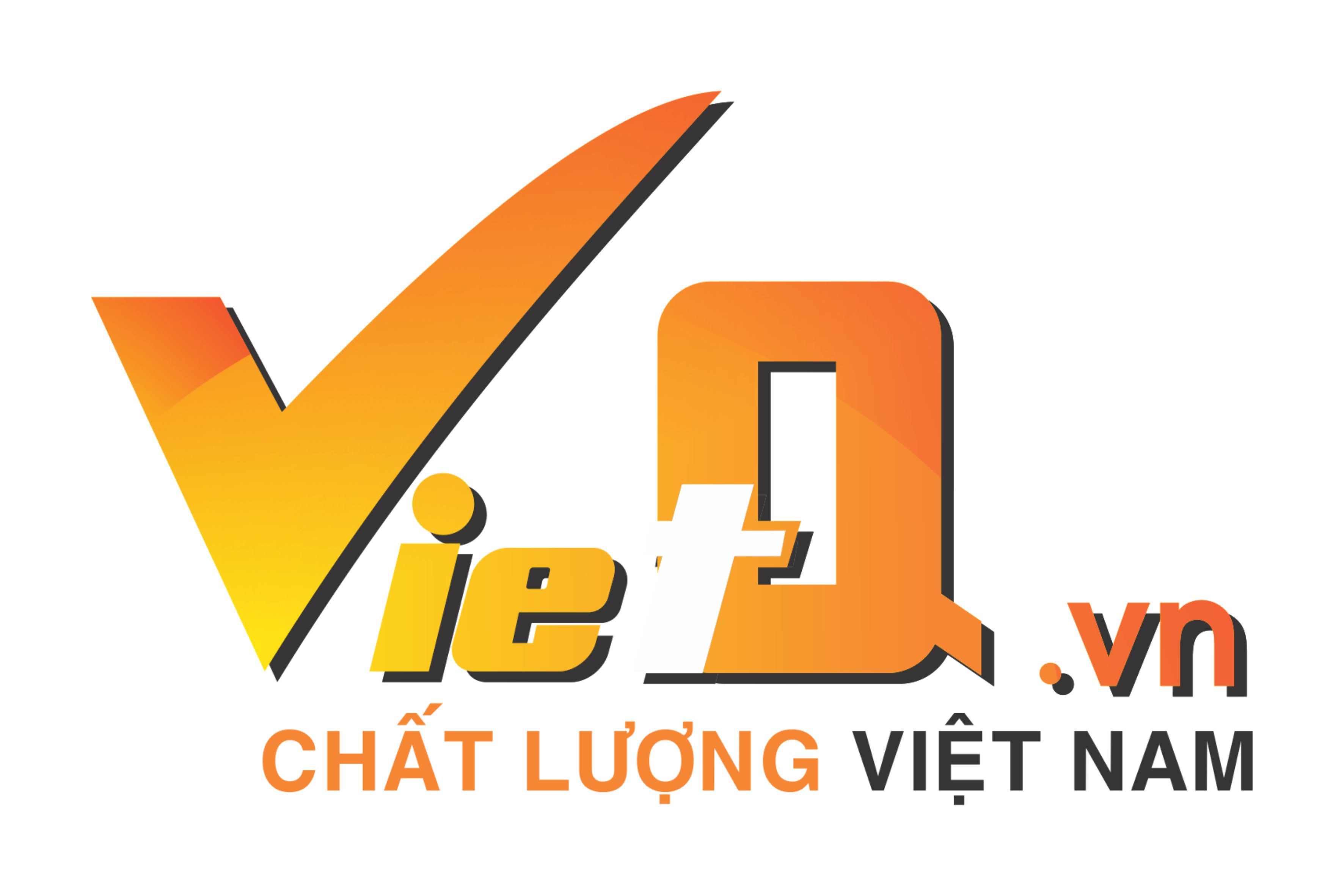Lean Thinking Training Helps Students Improve Productivity and Quality
Post date: Friday, Sep 20, 2024 | 16:39 - View count: 197
On September 20, 2024, as part of the program supporting the establishment of Productivity and Quality Clubs in universities and colleges, the National Standards, Metrology and Quality Committee organized the 9th training session on the topic: “Lean: Waste Reduction Thinking to Increase Productivity.”
The training session was attended by Mr. Pham Le Cuong, Deputy Chief of the Office of the National Standards, Metrology and Quality Committee, along with youth union members from various units of the Committee, who participated both in person and online. On the side of the universities and colleges, nearly 100 students and lecturers from various institutions joined online, including Phan Thiet University, Nha Trang University, Tra Vinh University, University of Economics – Vietnam National University Hanoi, Academy of Journalism and Communication, and many others.
At the training session, MSc. Do Thu Huong – Member of the Executive Committee of the Youth Union of the National Standards, Metrology and Quality Committee, introduced the Lean model, a management philosophy focused on streamlining processes, eliminating waste, and increasing productivity. The speaker traced the development journey of Lean, beginning in the 1930s when Taiichi Ohno at Toyota pioneered a new production system, up to the point when Lean was defined and systematized in 1990 with the publication of the book “The Machine That Changed the World.”

The session also provided detailed analysis of the key factors that contribute to waste in production and how to address them. There are seven main types of waste, including overproduction, excessive inventory, inefficient transportation, waiting, unnecessary motion, defects and rework, and inappropriate processing. The speaker emphasized the importance of good coordination between departments, balancing production flow, and optimizing stages to reduce waste.
Additionally, the speaker discussed five key principles of Lean, which include: identifying value from the customer’s perspective, mapping the value stream, creating flow, establishing pull-based production, and continuous improvement. The application of Lean can help increase productivity, reduce costs, improve product quality, and enhance competitiveness.
However, the implementation of Lean also comes with challenges, particularly resistance from employees and a lack of leadership involvement. For successful implementation, managers need to take the lead and support the process.
The training session also explored the relationship between Lean and Digital Transformation, highlighting that these two concepts are not separate but rather complement each other. Lean optimizes processes, while Digital Transformation provides the technology and data to make Lean work more effectively. The synergy between Lean and Digital Transformation will drive sustainable development and boost productivity.
The training session provided students and lecturers with valuable insights into Lean thinking, contributing to building a strong foundation for applying this model in practice, with the goal of enhancing production efficiency and quality across various industries.




















